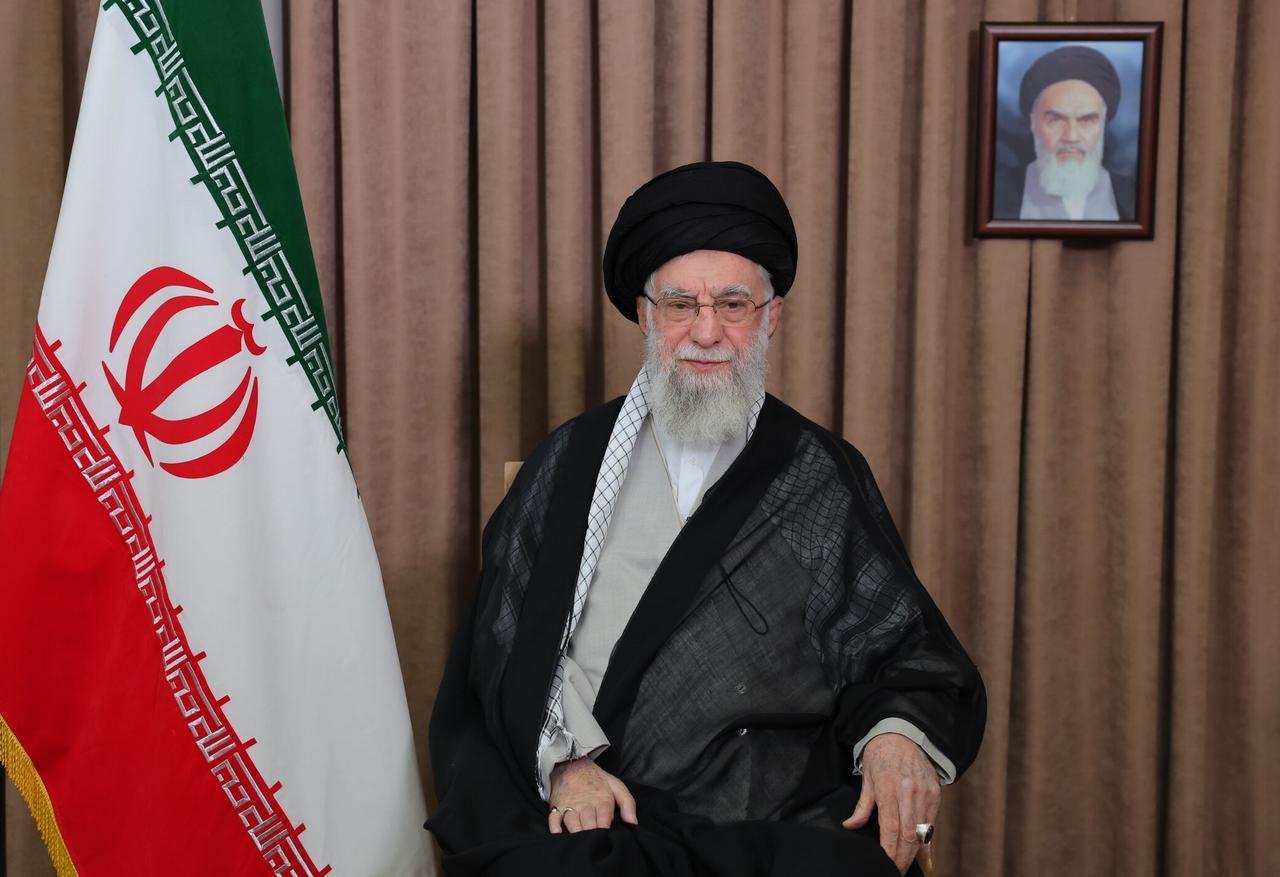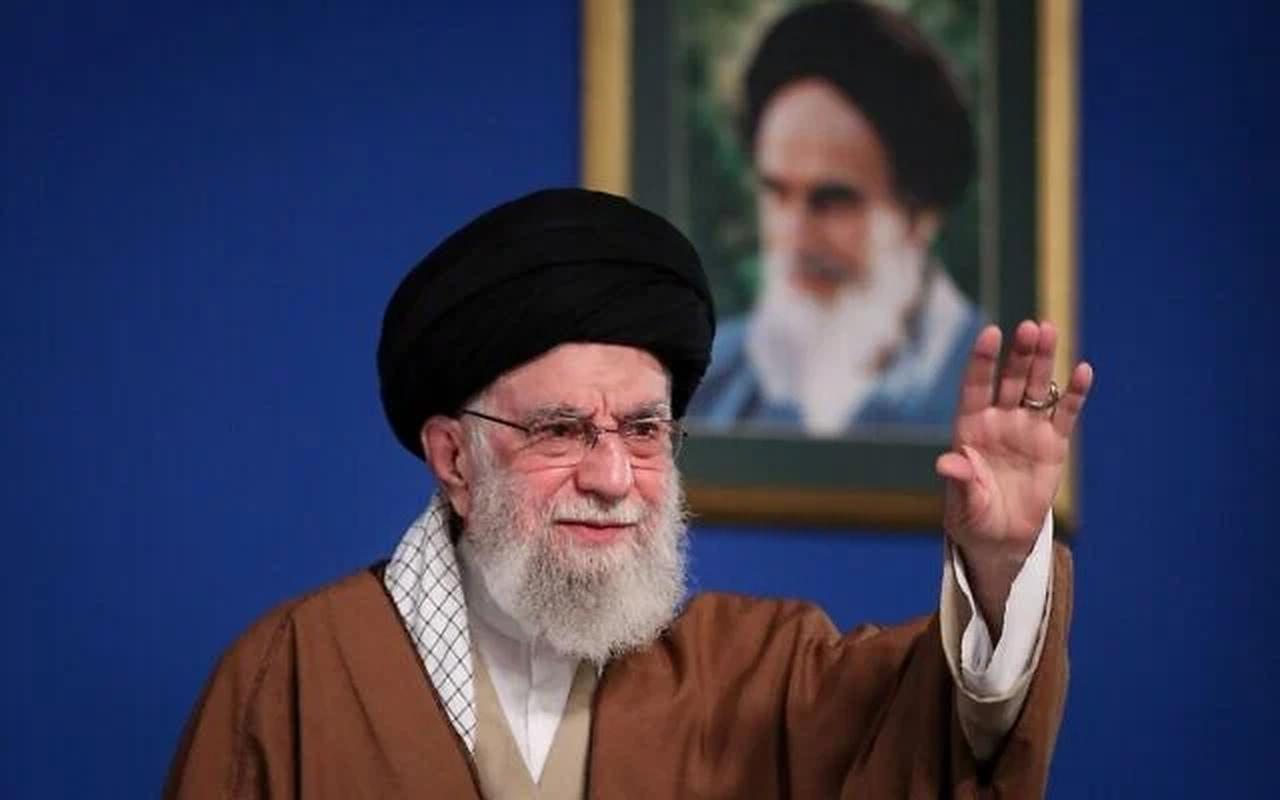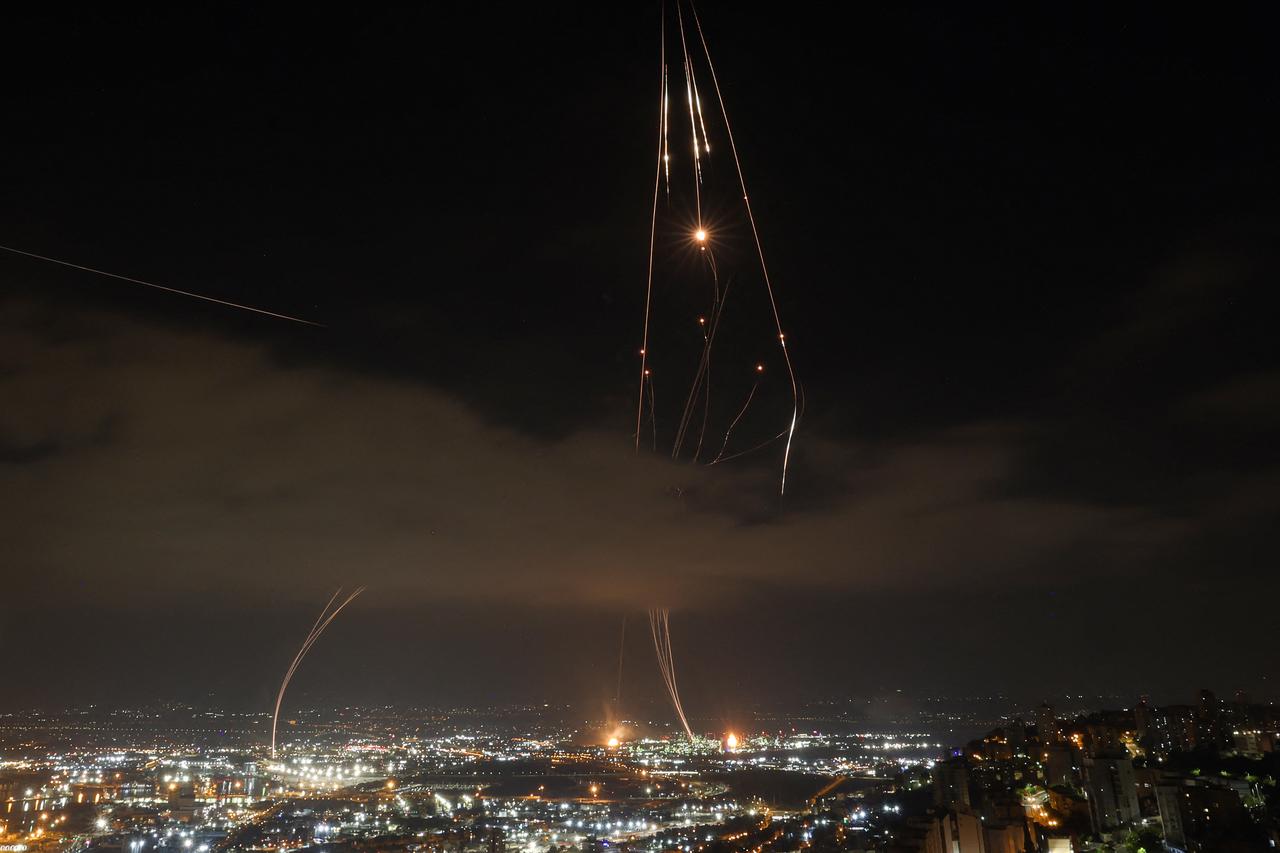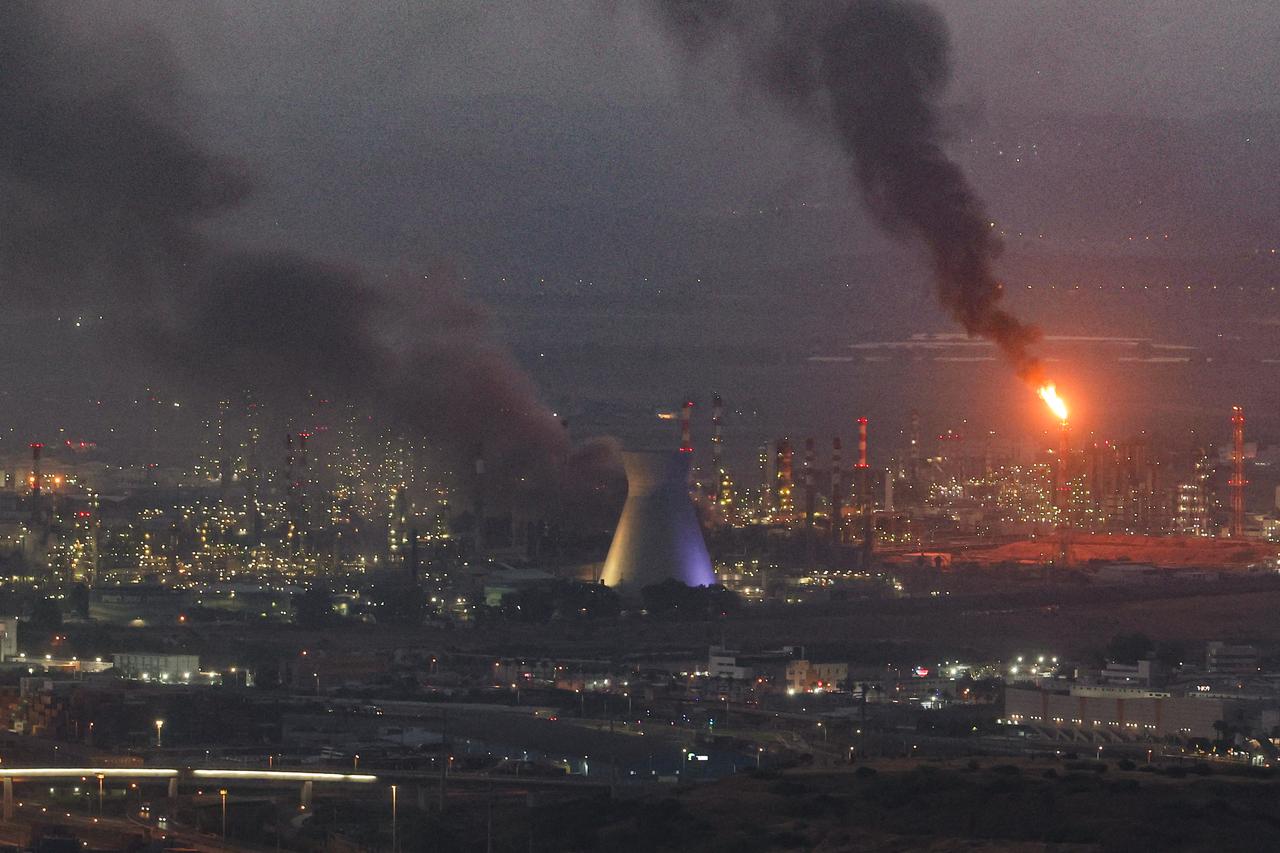
Iran's Supreme Leader Ali Khamenei has implemented unprecedented security protocols and succession planning as Israeli military strikes intensify across Iranian territory, according to Iranian officials familiar with the emergency measures.
The 86-year-old leader has suspended electronic communications and now communicates with military commanders primarily through a trusted intermediary to avoid detection, three Iranian officials told The New York Times.
Operating from a secure bunker, Khamenei has established replacement chains of command throughout the military hierarchy and, in a rare move, designated three senior clerics as potential successors should he be killed.
The extraordinary precautions reflect the gravity of Iran's current security situation following Israeli airstrikes that began on June 13.
The attacks targeted military installations, nuclear facilities, and critical infrastructure across Iran, marking what officials describe as the most significant military assault on Iranian soil since the Iran-Iraq War of the 1980s.

Khamenei's decision to pre-select potential successors represents a departure from traditional practice, where the Assembly of Experts typically deliberates for months before choosing a new supreme leader.
The three unnamed clerics would provide the clerical body with immediate options for maintaining leadership continuity during wartime.
Notably absent from the succession list is Khamenei's son Mojtaba, a cleric with close ties to the Islamic Revolutionary Guards Corps who had been considered a potential heir. Former conservative President Ibrahim Raisi, another rumored contender, died in a helicopter crash in 2024.
Iran's Ministry of Intelligence has imposed strict communication restrictions on senior officials and military commanders, banning the use of phones and electronic devices. The ministry has ordered high-ranking government and military personnel to remain underground as Israeli operations continue.
The security apparatus has concluded that internet access poses risks during the current crisis, leading to near-total internet shutdowns and blocked international calls.
Communications Director Ali Ahmadinia said the measures aim to "safeguard the security of our country" by preventing enemy operatives from coordinating attacks.
Tehran has largely evacuated following Israeli evacuation orders for several densely populated districts. Security forces have established checkpoints throughout the capital and on major highways, conducting searches of vehicles and individuals.

Israeli authorities report at least 25 deaths and hundreds of injuries from Iranian retaliatory missile strikes launched after the initial Israeli assault.
Iran's Health Ministry reports significantly higher casualties, with 430 killed and more than 3,500 wounded in Israeli attacks.
The conflict has prompted Iran's Supreme National Security Council to issue an ultimatum demanding that anyone collaborating with enemy forces surrender by Sunday or face execution.

Despite internal political divisions, the external threat has generated a surge of nationalism across Iranian society. Reformist politician and former Vice President Mohammad Ali Abtahi said the war has "softened the divisions we had, both among each other and with the general public."
Hotels, guesthouses, and wedding halls have opened their doors free of charge to displaced residents. Supermarkets are offering discounts, while bakeries see customers voluntarily limiting purchases to ensure adequate supplies for all.
Even prominent human rights activist and Nobel Peace Prize winner Narges Mohammadi, who has spent decades advocating for democratic change, warned against attacks on Iran, telling the BBC that "democracy cannot come through violence and war."
Iranian officials express concern about potential U.S. involvement in the conflict, which would significantly escalate the situation. While Israel seeks to destroy Iran's nuclear program, experts note that only American military capabilities could potentially penetrate Iran's most fortified nuclear facility at Fordo.
Iran has threatened to target American interests in the region if the U.S. enters the conflict, risking a broader regional war.
The current crisis marks a critical juncture for Khamenei's three-decade rule and the Islamic Republic's survival, with Iranian leadership prioritizing state preservation above all other considerations.